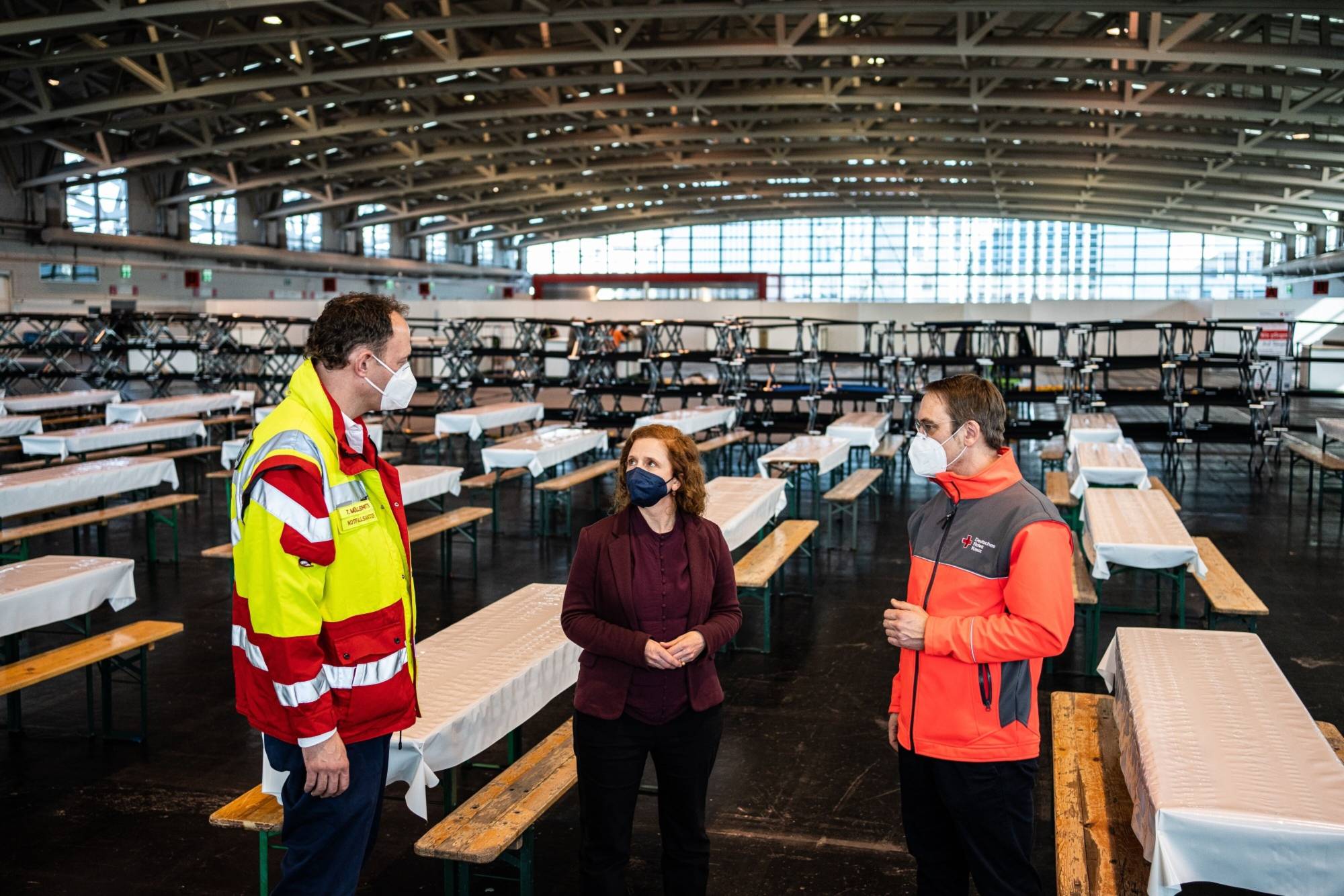Sipping Turkish black tea outside the doner shop he runs in the Berlin neighborhood of Kreuzberg, Faruk Can reflected on the many new faces he’d noticed in the area.
"There is still a lot of regular and even irregular migration to Germany from Turkey,” he said. "Every week I bump into 10 to 20 Turks who ask me about how they can relocate here.”
Turks have long been the biggest minority group in Germany, having first come to the country as guest workers through programs established in the 1950s. But they are nowadays just one small part of an enormous inflow of migrants to Germany, which accelerated significantly after Russia’s invasion of Ukraine. The influx has strained social systems and reignited longstanding debates over integration and border policy — even as the country is grappling with an acute shortage of working-age people.



















With your current subscription plan you can comment on stories. However, before writing your first comment, please create a display name in the Profile section of your subscriber account page.